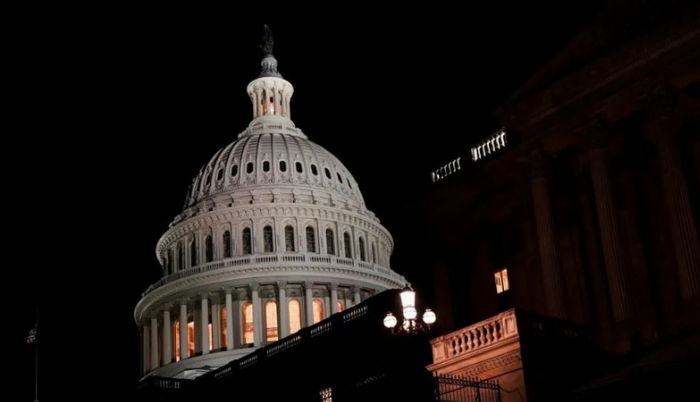
The US government has shut down for the first time in almost seven years after members of Congress failed to agree a last-ditch funding deal.
Hundreds of thousands of federal workers could now be furloughed or laid off, and national parks and museums could close. Previous government shutdowns have also led to air travel disruption due to staff shortages.
The path forward is unclear as both sides have blamed the other for the shutdown. Efforts in the Senate to keep the government funded fell short late on Tuesday despite frenetic negotiations.
President Donald Trump has threatened mass firings and the cutting of some federal benefits that he said were important to Democrats.
Sixty votes are needed in the Senate to pass a government funding bill, meaning that even while Republicans control both chambers of Congress they will need Democratic backing to reopen government.
A short-term Republican spending plan failed to win enough support on Tuesday, and a Democrat-led proposal was also voted down.
Senators voted 55-45 in favour of the Republican-led bill, which would have kept the government funded at its current levels temporarily.
Both sides have been in a bitter standoff over healthcare spending, with Democrats arguing that any funding bill must include an extension to health insurance subsidies that will expire at the end of the year.
Many Republicans say the subsidies are expensive, while others have proposed introducing stricter eligibility rules before extending them.
The top Senate Democrat Chuck Schumer earlier said Republicans were trying to "bully" Democrats by refusing to negotiate on healthcare.
Trump blamed Democrats for the standoff and threatened to carry out mass firings of government employees and cut government programmes and services that he says are important to Democrats if a shutdown occurred.
"The last thing we want to do is shut it down, but a lot of good can come down from shutdowns," he said on Tuesday. "We can get rid of a lot of things that we didn't want, and they'd be Democrat things."
Trump met Schumer on Monday, but they failed to break the deadlock with the Democrat saying afterwards that "large differences" remain.
The president also said that if a deal was not struck "we can do things during the shutdown that are irreversible, that are bad for them". The White House has suggested a shutdown could prompt permanent firings of federal staff deemed "non-essential".
"We'll be laying off a lot of people," Trump said.
Essential workers usually continue as normal in a shutdown - some of them without pay for the time being - but government employees deemed non-essential are temporarily put on unpaid leave. In the past, these workers have then been paid retrospectively.
There could also be travel delays if the stand-off drags on and unpaid staff stop showing up to work, as happened during the last shutdown during Trump's first term.
Analysts expect that this shutdown could be bigger than the one in 2018, when Congress had passed some funding bills. They expect roughly 40% of federal workers - more than 800,000 people - to be put on temporary leave.
Both parties blamed the other in the hours before the shutdown, with Schumer saying "the Republicans will be driving us straight towards a shutdown tonight at midnight".
"The Republicans are unserious at this point," House Minority Leader Hakeem Jeffries said. "They have no interest in having a good faith conversation."
Senate majority leader John Thune, a Republican, accused the Democrats of taking federal workers "hostage".
"It's a very reckless decision that Chuck Schumer has made," Republican House Speaker Mike Johnson told CNN. "They are throwing a fit. They're making partisan arguments."
There were three shutdowns during Trump's first term, including the longest in history at 36 days, which started in 2018 and ended in January 2019.
It is almost unique to US politics, where the different branches of government have to reach an agreement on spending plans before they can become law.
SOURCE/AUTHOR : BBC NEWS - Donovan Slack, Washington
Venues
Related News

'I will never let your legacy die' - Charlie Kirk's widow gives tearful address after shooting

One hellscape to another: Gazans tell of dire conditions in Israeli-declared humanitarian zone

Israeli forces near Gaza City centre as Hamas reportedly prepares for street-to-street fighting

Brunei Prayer Times
| Suboh | 4:59 am |
| Zohor | 12:10 pm |
| Asar | 3:24 pm |
| Maghrib | 6:12 pm |
| Isyak | 7:17 pm |
Venues
Archive
Lagu HK KDYMM Ke-79: Putri Norizah - Puja Usia (1447H / 2025M) - Versi Terkini











































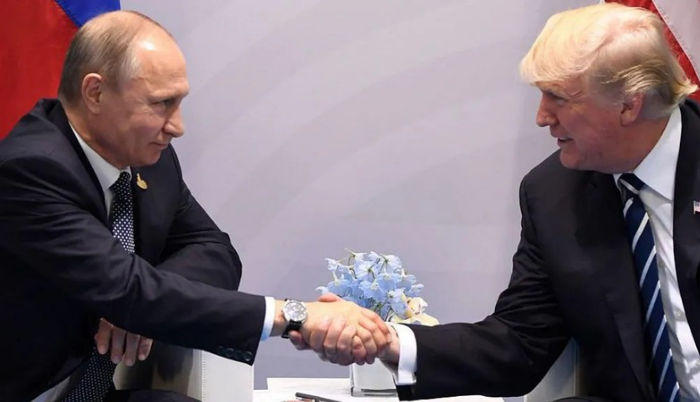







































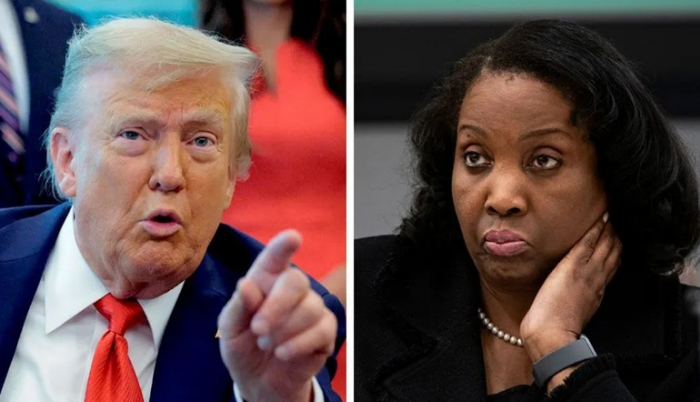






















































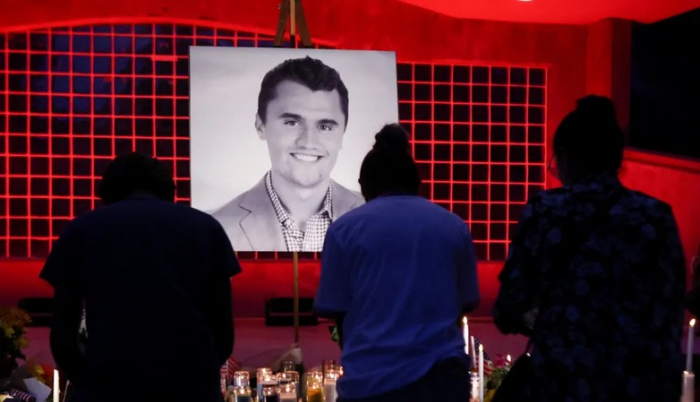




















































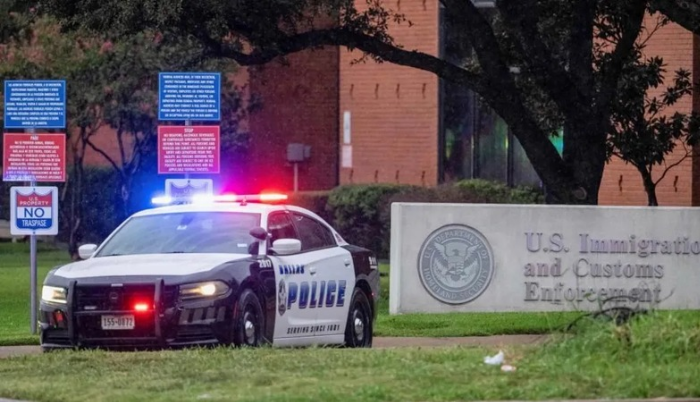
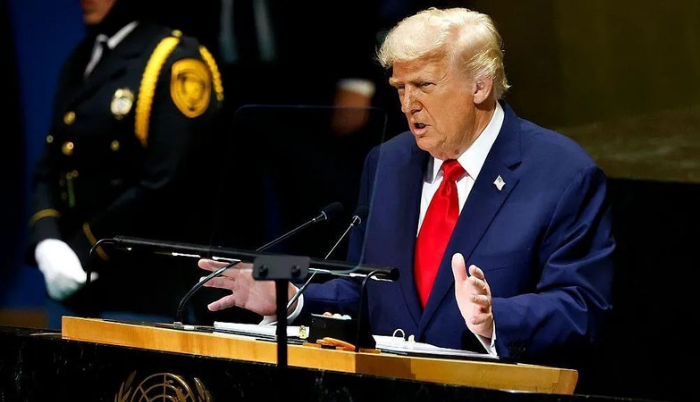

























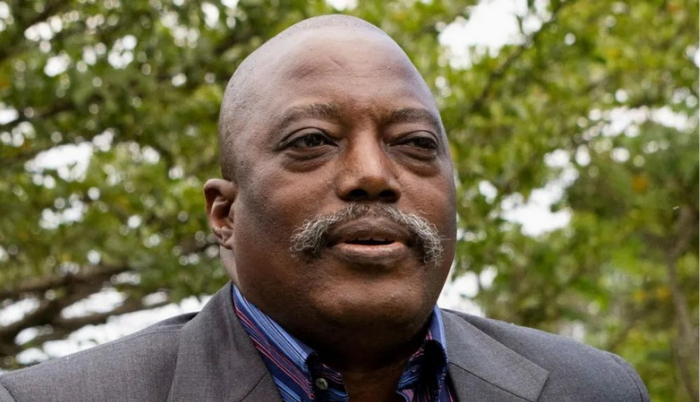



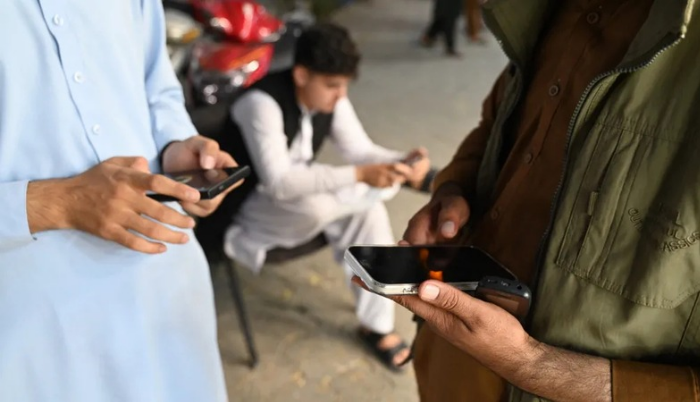
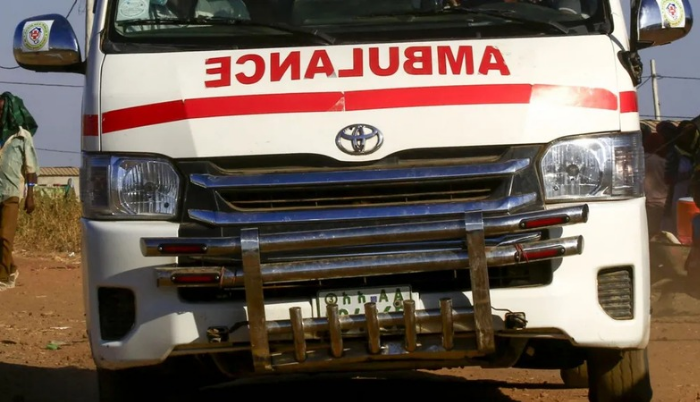
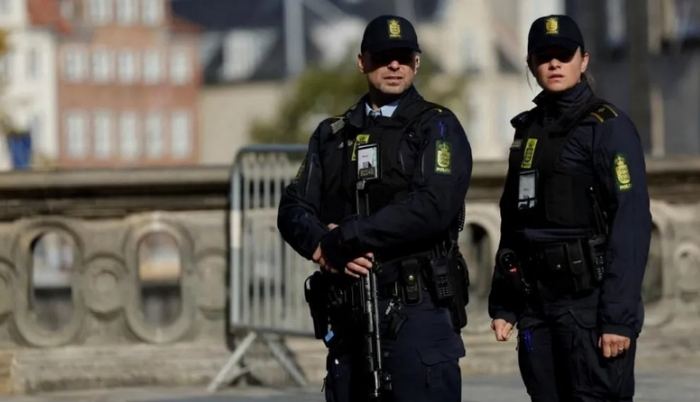



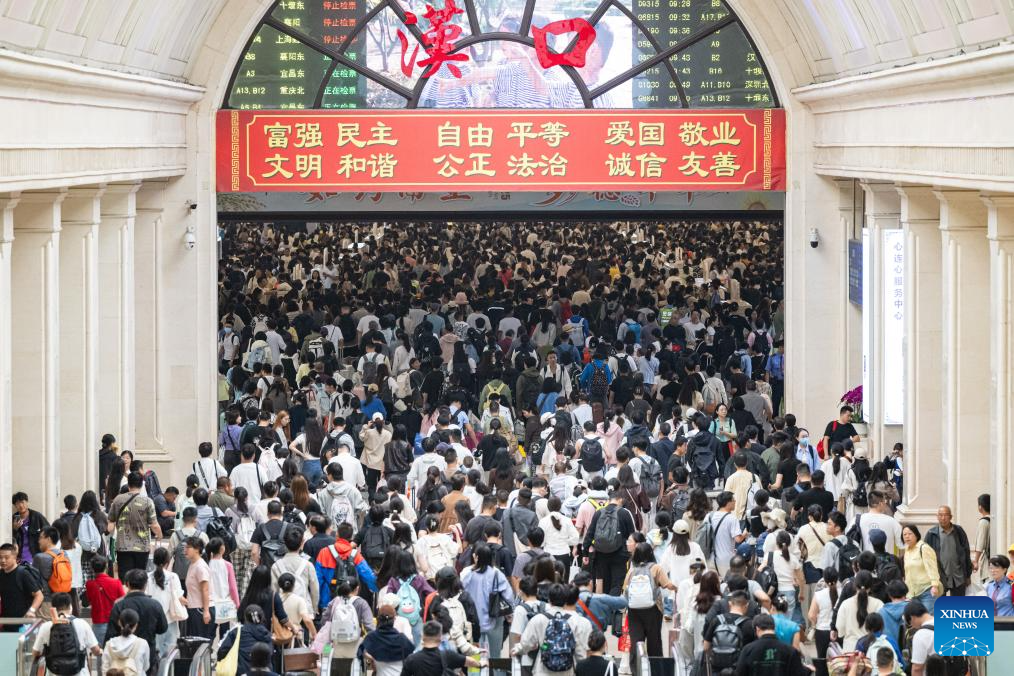

Comments (0)
No comments yet. Be the first to comment!
Leave a Comment